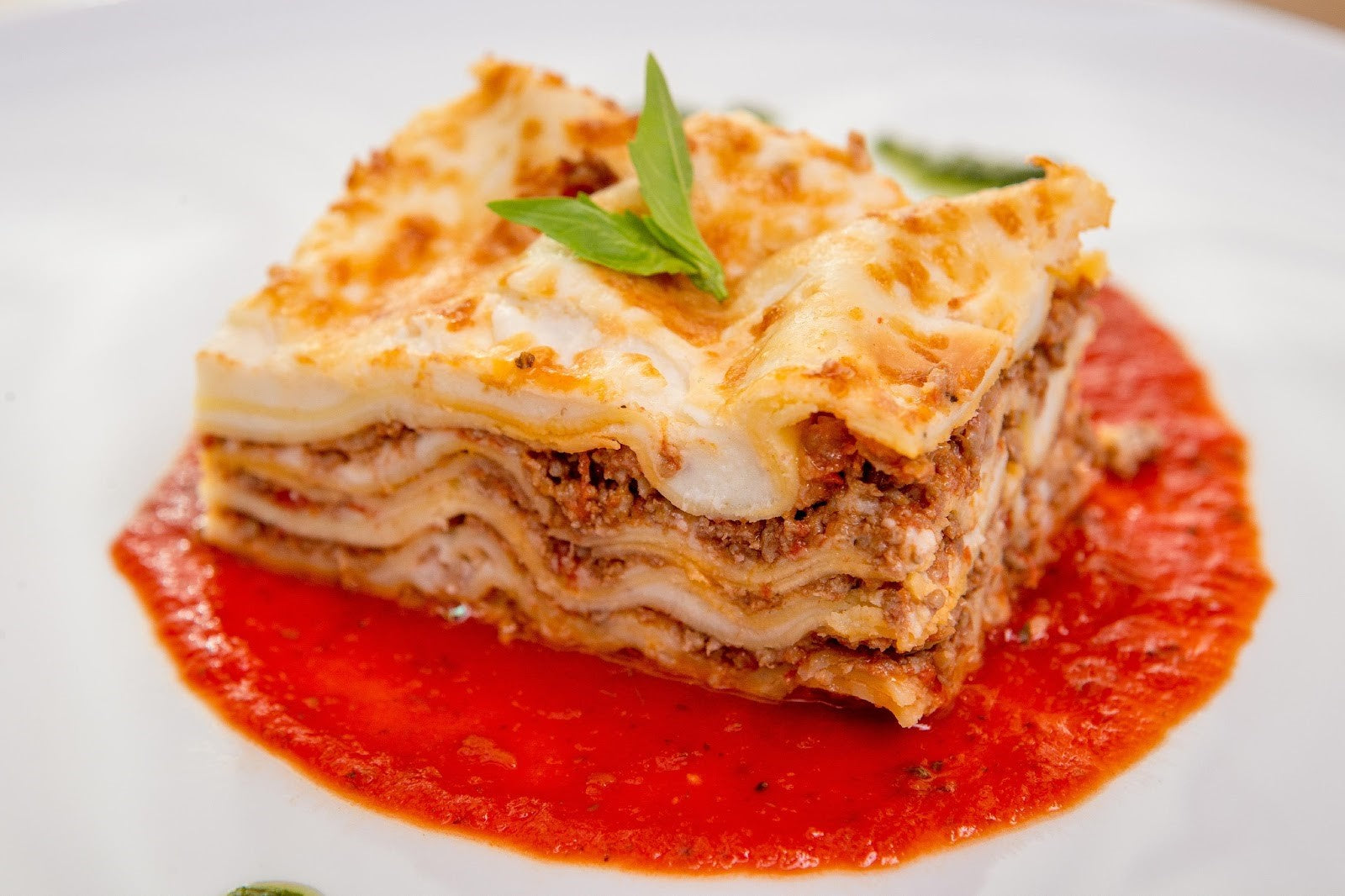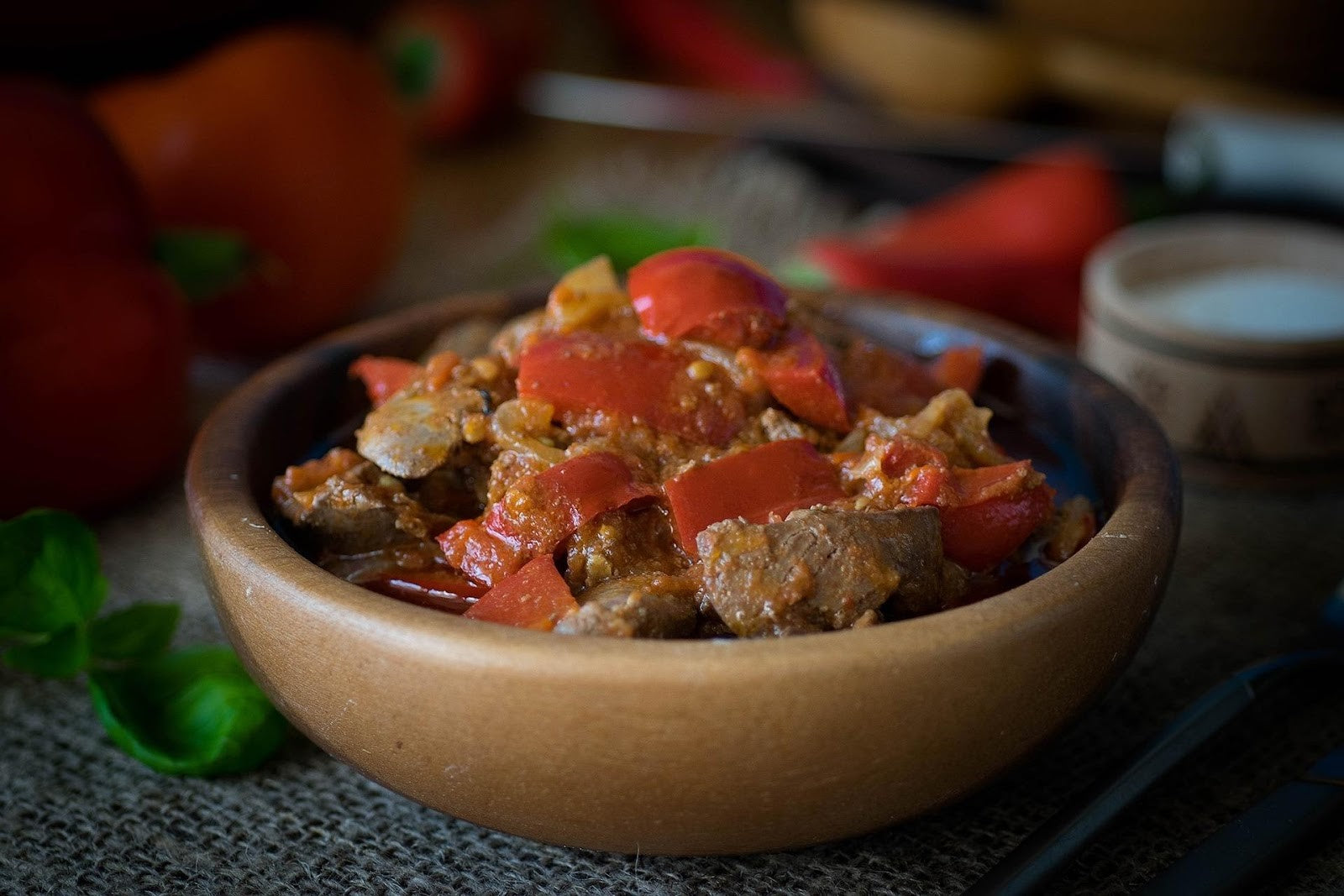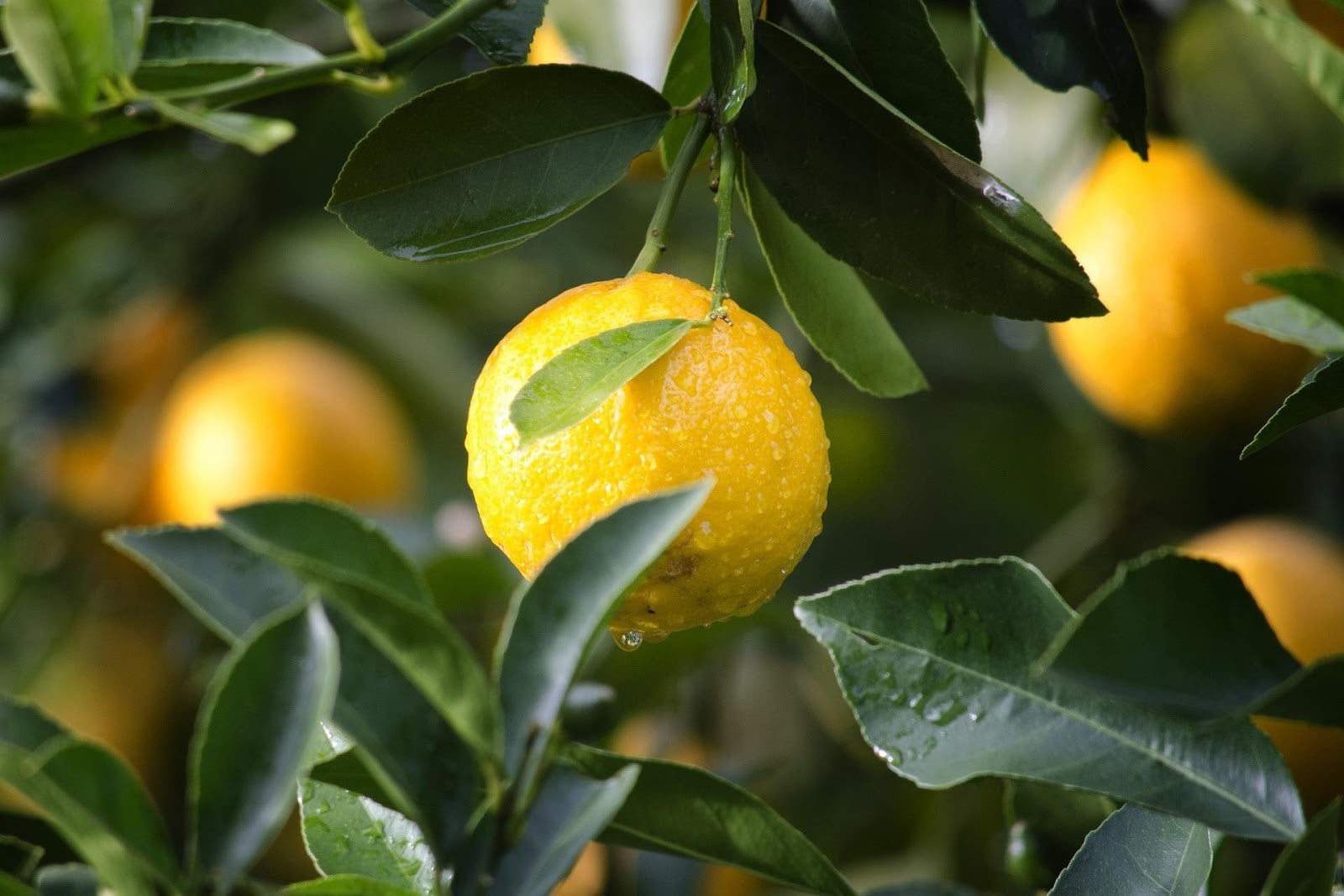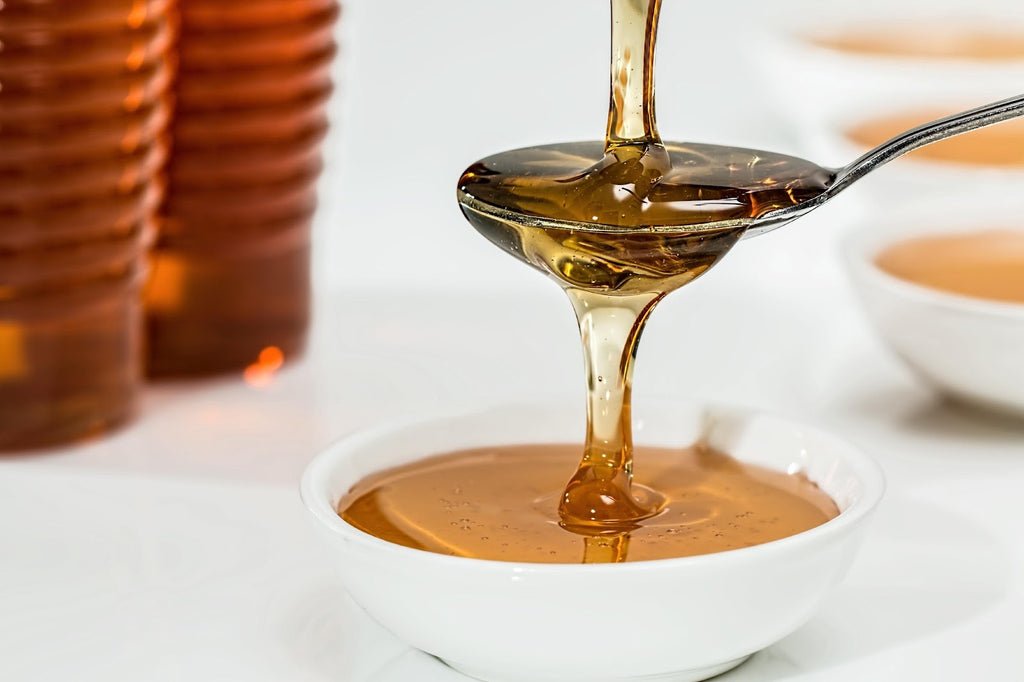
Honey is usually added to food for extra flavor and sweetness. People have also claimed that honey can help with an upset stomach or sore throat. With knowledge of all of these benefits in mind, you may have been tempted to feed some honey to your fur ball. So the big question now is, can cats eat honey?
Cats like to try new foods and most times, it is because they see you eating them. But when it comes to honey, there's a bit of controversy about feeding it to your cat or not. Is honey safe for cats? You won't know if you don't keep reading so stay with me.
Can Cats Eat Honey?
The simple answer is yes, cats can eat honey. However, it is not recommended for cats because the risks honey poses to cats are far worse than the benefits it offers. It has been claimed that honey can ease allergic reactions in cats a bit. Although honey contains natural sugars, they are in forms that your cat can't easily digest, i.e fructose and glucose and this makes honey a hazard to cats. Cats can have a lick or two of honey but to be safe, it shouldn't be more than that.
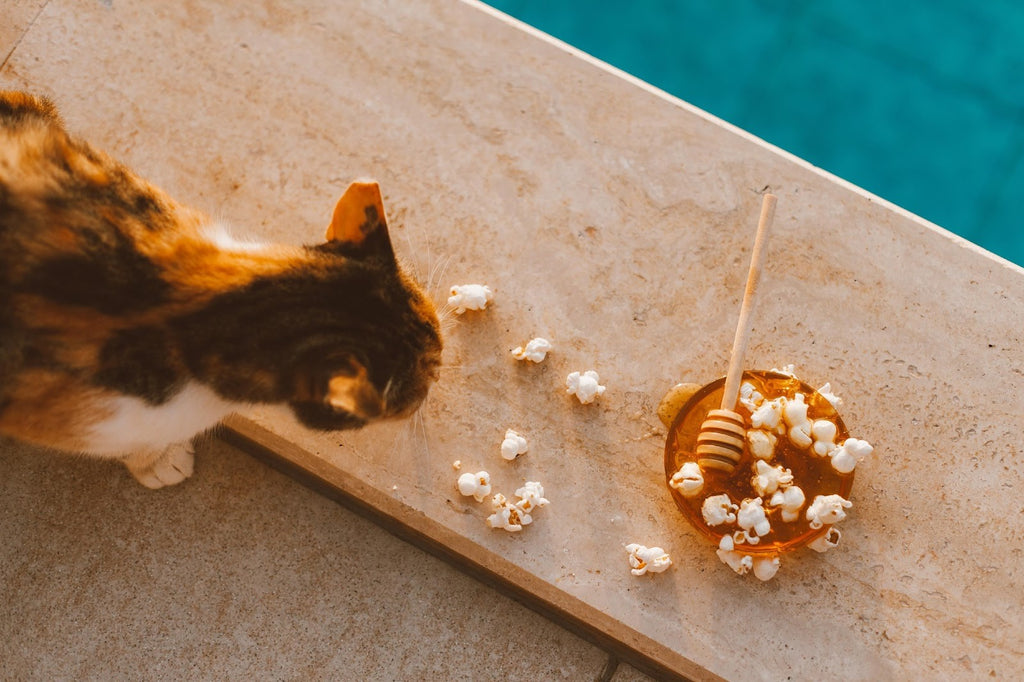
What Are The Benefits Of Feeding Honey To My Cat?
Cats are obligate carnivores that do not need to eat foods like honey. However, it has been reported that cats can enjoy some of the benefits of honey.
If your cat suffers from seasonal allergies, a little amount of honey can help ease its allergic reactions and symptoms.
Cats can also benefit from the healing properties of honey. Honey is also known for its antibacterial and anti-inflammatory properties and it is used in some instances to aid wound healing. If your cat has a small cut or wound, you can apply honey directly on the lesion for faster healing of the wound.
It has also been reported that honey can soothe sore throats. If your cat is suffering from a sore throat or a cough, a few drops can help relieve the sore throat and may even cure the cough.
However, it is important to know that all of these benefits of honey in cats are not fully proven, so it is advisable to consult with your vet to be sure.
Can Cats Eat Raw Honey?
If you decide to feed honey to your cat, raw honey will be your best shot. Raw honey is not harmful to cats but in fact, can offer them some benefits. Although raw honey contains natural sugars, it can still upset your cat's digestive system causing vomiting and diarrhea.
Also, honey may not be harmful to cats but that doesn't mean they can eat as much as they want. Raw honey should be given to cats in small amounts and not frequently, too.
What About Manuka Honey?
Manuka honey is made by bees that pollinate the Manuka plant in New Zealand and Australia. Manuka honey is known as a medicinal honey type because the nectar of the manuka plant has antibacterial components.
Manuka raw honey is safe for cats and can be given to them in small amounts occasionally. Cats do not need to eat honey because their digestive system is built to digest honey. As a result, if given too much, they can suffer from an upset stomach.
Manuka honey is most popular for its use by veterinarians for wound treatment. Manuka honey contains strong antibacterial properties which makes it special. It also has antiviral, anti-inflammatory, and antioxidant properties. However, you must not try to administer this special honey for wound treatment at home by yourself. Always seek the guidance of your vet.
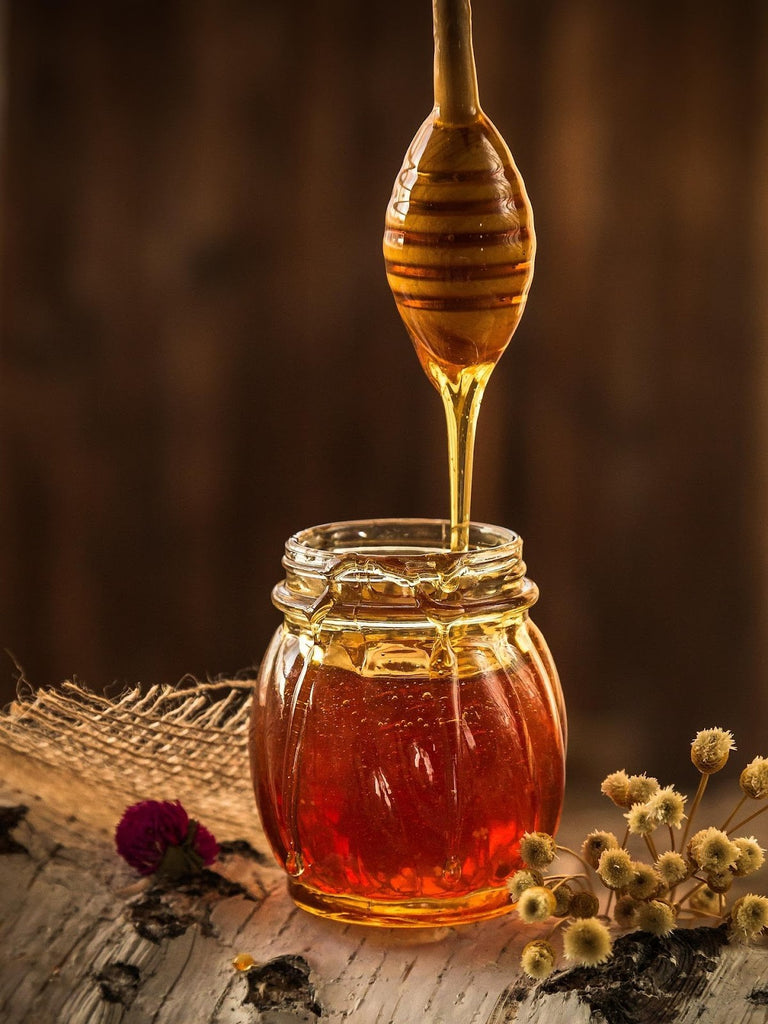
Can Cats Eat Store-Bought Honey?
Cats should never eat store-bought or processed honey. Processed honey of any kind contains no nutritional benefits whatsoever for your cat. It is referred to as empty calories.
If your cat stole a lick of your store-bought honey, it is usually not any cause for alarm but you must not make it a habit to give it to them nor does it need to become a part of their diet. Processed honey may not harm your cat but it is not beneficial to them either.
Side Effects of Honey on Cats
Honey is a viscous liquid and is very thick so one of the few effects you may notice is that your feline is struggling to swallow it. This may result in gagging or vomiting.
Honey is full of carbs and this is the primary reason cats find it hard to digest. Your cats may suffer from digestive issues when they eat even a small amount of honey.
Apart from this, all that carbs and sugars are not good for your cat as they can make them overweight. Equally, if your cat has an underlying health challenge like diabetes or diabetes, avoid feeding honey to them.
Can Kittens Eat Honey?
This one is easy. It is hard NO. Kittens should not be given kitten at all. Kittens are still growing and their body system is still very delicate. Feeding honey to your kitten may result in botulism which is caused by a bacteria called botulinum. It is rare for honey to cause botulism but it is more prone to occur in kittens due to their underdeveloped immune system.
Also, kittens may suffer from severe digestive issues or allergic symptoms like vomiting or diarrhea. If your kitten happens upon your jar of honey, although they may not immediately suffer from a serious reaction, it is best to not take chances and go to your vet as quickly as possible.
Conclusion
Honey is not toxic to cats but neither is it beneficial. Cats may have half a teaspoon of honey once in a while but it is not advisable to make honey become a regular part of their diet. If you are looking to switch up your cat's diet to something exciting, you can discuss healthier snacking options with your vet.

